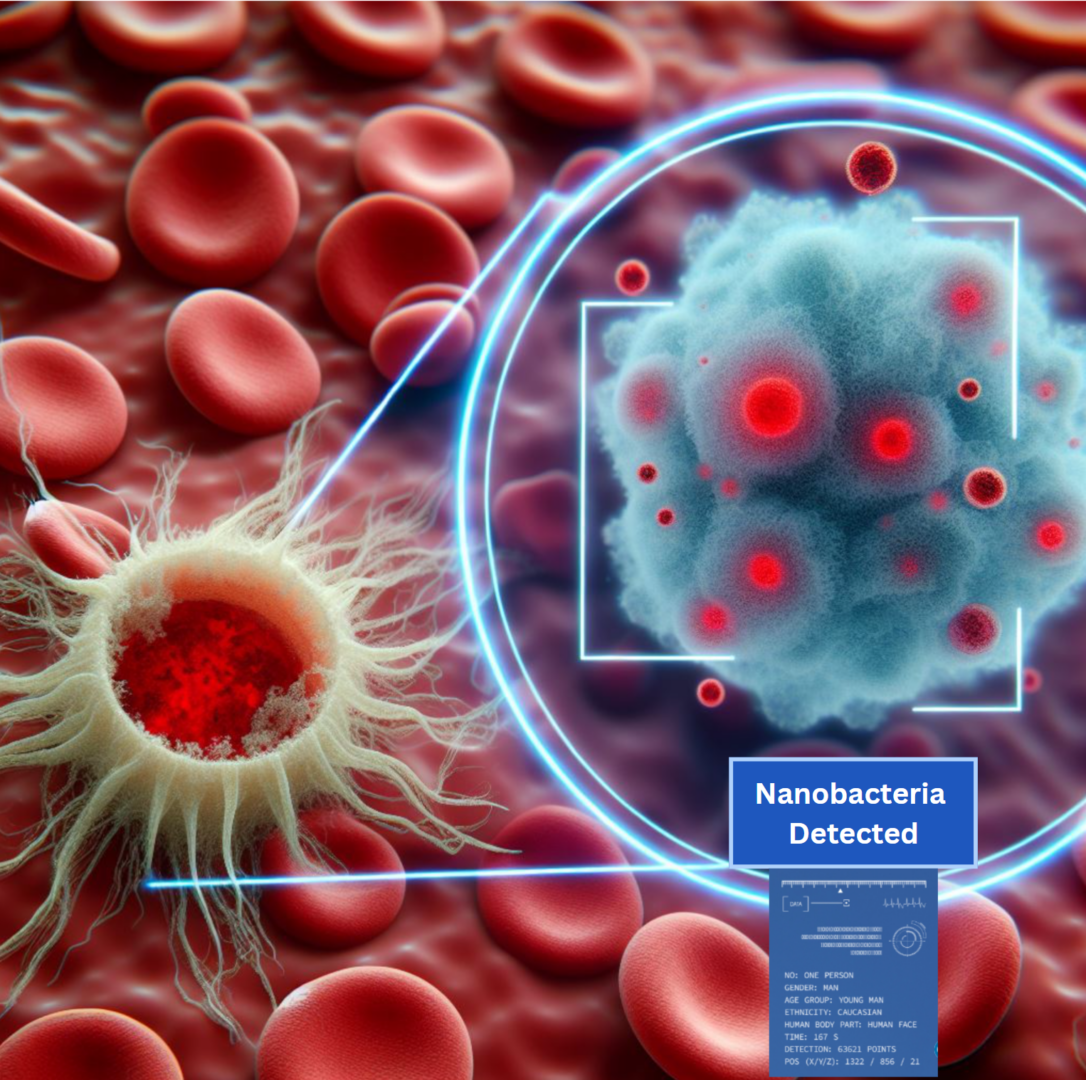Executive Summary

This research project aims to use AI-enhanced pathogen detection through live blood analysis, utilizing NanoVision SHM Microscope, VR headset technology, and real-time AI Image Recognition. The integration of these technologies aims to revolutionize pathogen detection, addressing the scarcity of microscopists and diagnostic laboratories globally. The objective is to develop AI image recognition for pathogens, including parasites, bacteria, and viruses, with magnification below 1 Micron. The project is in the startup and fundraising phase, seeking sponsorships and research funding of USD $1.5 million to establish a small research team to develop a working prototype. The ultimate goal is to democratize pathogen detection, especially in developing countries, and improve health outcomes globally.
| Current Stage: | Research Funding Phase |
| Funding to Date: | Nil |
| Funding Required: | $1.5m |
| Project Duration: | 24 Months |
Overview
This research project aims to investigate the feasibility of AI-enhanced pathogen detection through live blood analysis. The team will create AI-driven image recognition capabilities utilizing the Atlantis Life Sciences NanoVision SHM Microscope, in conjunction with VR headset technology and real-time AI Image Recognition.
The anticipated integration of these technologies is expected to revolutionize the field by addressing the scarcity of microscopists and diagnostic laboratories in many regions, thereby ensuring more consistent pathogen detection, and extending the reach of global experts. This advancement will facilitate global knowledge exchange, potentially aiding in the combat against future pandemics through prompt pathogen identification and detection.
The application of AI for detecting the Malaria parasite in blood samples has been established. This initiative aims to expand the use of AI in pathogen detection beyond Malaria by collaborating with universities and private entities to develop a broad range of pathogen detection. The goal is to develop image recognition technology for pathogens with magnification capabilities below 10 Microns field of view. This breakthrough will facilitate the identification of viruses and other entities at the nanometer scale.
The scarcity of labs often leads to diagnostic delays, which can be life-threatening, especially for Malaria detection which kills millions of people every year. The exorbitant costs of traditional medical labs render them unattainable for many communities resulting in a shortage of diagnostic capacity.
The fusion of an affordable SHM microscope with AI image recognition and Virtual Reality will enable virtually anyone with 1 day of training to perform live blood analysis to identify pathogens such as the Malaria parasite and other tropical diseases, at a price point accessible to developing countries, is expected to result in far better health outcomes for many.
Objective
Our objective is to integrate the NanoVision SHM Microscope platform with an AI-powered image recognition model and Virtual Reality headsets to display the AI recognition data superimposed over the actual microscope images, ideally in real-time on the VR headset.
The selected AI model will undergo training to recognize pathogens, including parasites, mould, bacteria, and viruses, using techniques similar to those utilized in facial recognition. A global network of microscopists will utilize Web 3.0 image file sharing and Cloud-based AI to facilitate the training of the image recognition model and the dissemination of model updates via the cloud AI platforms.
Research Status
The project is now in the startup and fundraising phase of research and development. A small team is being formed with AI experts and microbiologists to scope out the project and select the most appropriate AI models, industry partners and universities to collaborate on this project.
PhD Sponsorship
We anticipate sponsoring numerous PhD students throughout this two-year project, which aims to develop a functional AI model trained on SHM microscope imagery and video content to detect a wide variety of pathogens.
Industry Sponsors
We invite sponsorships from suppliers of VR headsets, cameras, microscopes, and AI graphics technology to support our project with technology and funding.
Research Funding
The team is actively seeking research funding to develop this groundbreaking, innovative technology. The budget for this project is USD $1.5 million to establish a small research team of ten people tasked with developing a working prototype.
Following the successful creation of a proof of concept, we anticipate eager support from investors or manufacturers for the development of intellectual property that can be transformed into a commercial product. Your contribution to this research project is crucial, as it supports the integration of SHM Microscopy, AI, and Virtual Reality technology to enhance the health of many.